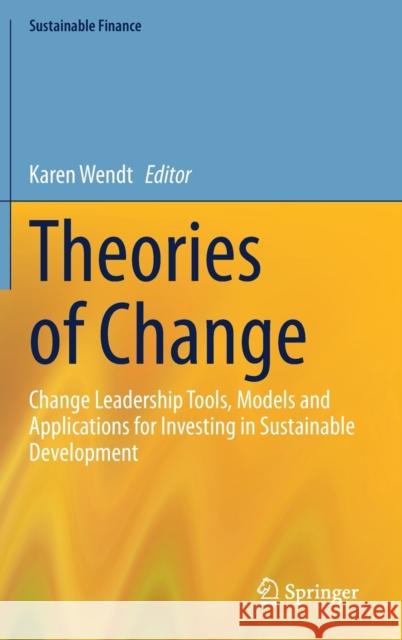Theories of Change: Change Leadership Tools, Models and Applications for Investing in Sustainable Development » książka
topmenu
Theories of Change: Change Leadership Tools, Models and Applications for Investing in Sustainable Development
ISBN-13: 9783030522742 / Angielski / Twarda / 2021 / 504 str.
Theories of Change: Change Leadership Tools, Models and Applications for Investing in Sustainable Development
ISBN-13: 9783030522742 / Angielski / Twarda / 2021 / 504 str.
cena 342,14
(netto: 325,85 VAT: 5%)
Najniższa cena z 30 dni: 327,68
(netto: 325,85 VAT: 5%)
Najniższa cena z 30 dni: 327,68
Termin realizacji zamówienia:
ok. 22 dni roboczych.
ok. 22 dni roboczych.
Darmowa dostawa!
Kategorie:
Kategorie BISAC:
Wydawca:
Springer
Seria wydawnicza:
Język:
Angielski
ISBN-13:
9783030522742
Rok wydania:
2021
Wydanie:
2021
Numer serii:
000823925
Ilość stron:
504
Waga:
0.90 kg
Wymiary:
23.39 x 15.6 x 2.87
Oprawa:
Twarda
Wolumenów:
01
Dodatkowe informacje:
Wydanie ilustrowane











